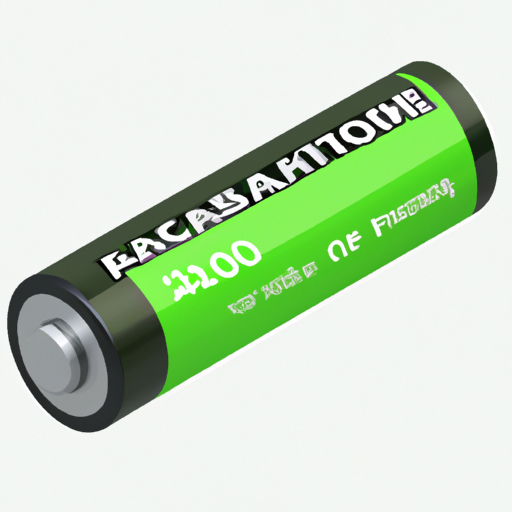Overview of P-50AAH/A7B Rechargeable Batteries
Rechargeable batteries, particularly the P-50AAH/A7B type, represent a significant advancement in energy storage technology. These batteries, often classified as nickel-metal hydride (NiMH) or lithium-ion (Li-ion), are pivotal in powering a diverse array of devices, from everyday consumer electronics to sophisticated electric vehicles. Below, we delve into the core functional technologies, application development cases, and relevant articles that underscore the effectiveness of rechargeable batteries.
Core Functional Technologies
| 1. Battery Chemistry | |
| 2. Battery Management Systems (BMS) | |
| 3. Fast Charging Technologies | |
| 4. Thermal Management | |
| 5. Recycling and Sustainability | |
| 1. Consumer Electronics | |
| 2. Electric Vehicles (EVs) | |
| 3. Renewable Energy Storage | |
| 4. Power Tools | |
| 5. Medical Devices | |
| 1. "Advancements in Lithium-Ion Battery Technology" | |
| 2. "The Future of Battery Recycling" | |
| 3. "Battery Management Systems: Enhancing Performance and Safety" | |
| 4. "Fast Charging Technologies: Revolutionizing Battery Use" | |
| 5. "The Role of Batteries in Renewable Energy Systems" | |
Application Development Cases
Articles and Research
Conclusion

Rechargeable batteries, such as the P-50AAH/A7B, are integral to the advancement of technology across various sectors. With ongoing research and development in battery chemistry, management systems, and recycling, the effectiveness and sustainability of these batteries continue to improve, paving the way for a more energy-efficient future. As technology evolves, the role of rechargeable batteries will only become more critical in supporting innovation and sustainability in energy consumption.
Overview of P-50AAH/A7B Rechargeable Batteries
Rechargeable batteries, particularly the P-50AAH/A7B type, represent a significant advancement in energy storage technology. These batteries, often classified as nickel-metal hydride (NiMH) or lithium-ion (Li-ion), are pivotal in powering a diverse array of devices, from everyday consumer electronics to sophisticated electric vehicles. Below, we delve into the core functional technologies, application development cases, and relevant articles that underscore the effectiveness of rechargeable batteries.
Core Functional Technologies
| 1. Battery Chemistry | |
| 2. Battery Management Systems (BMS) | |
| 3. Fast Charging Technologies | |
| 4. Thermal Management | |
| 5. Recycling and Sustainability | |
| 1. Consumer Electronics | |
| 2. Electric Vehicles (EVs) | |
| 3. Renewable Energy Storage | |
| 4. Power Tools | |
| 5. Medical Devices | |
| 1. "Advancements in Lithium-Ion Battery Technology" | |
| 2. "The Future of Battery Recycling" | |
| 3. "Battery Management Systems: Enhancing Performance and Safety" | |
| 4. "Fast Charging Technologies: Revolutionizing Battery Use" | |
| 5. "The Role of Batteries in Renewable Energy Systems" | |
Application Development Cases
Articles and Research
Conclusion

Rechargeable batteries, such as the P-50AAH/A7B, are integral to the advancement of technology across various sectors. With ongoing research and development in battery chemistry, management systems, and recycling, the effectiveness and sustainability of these batteries continue to improve, paving the way for a more energy-efficient future. As technology evolves, the role of rechargeable batteries will only become more critical in supporting innovation and sustainability in energy consumption.













